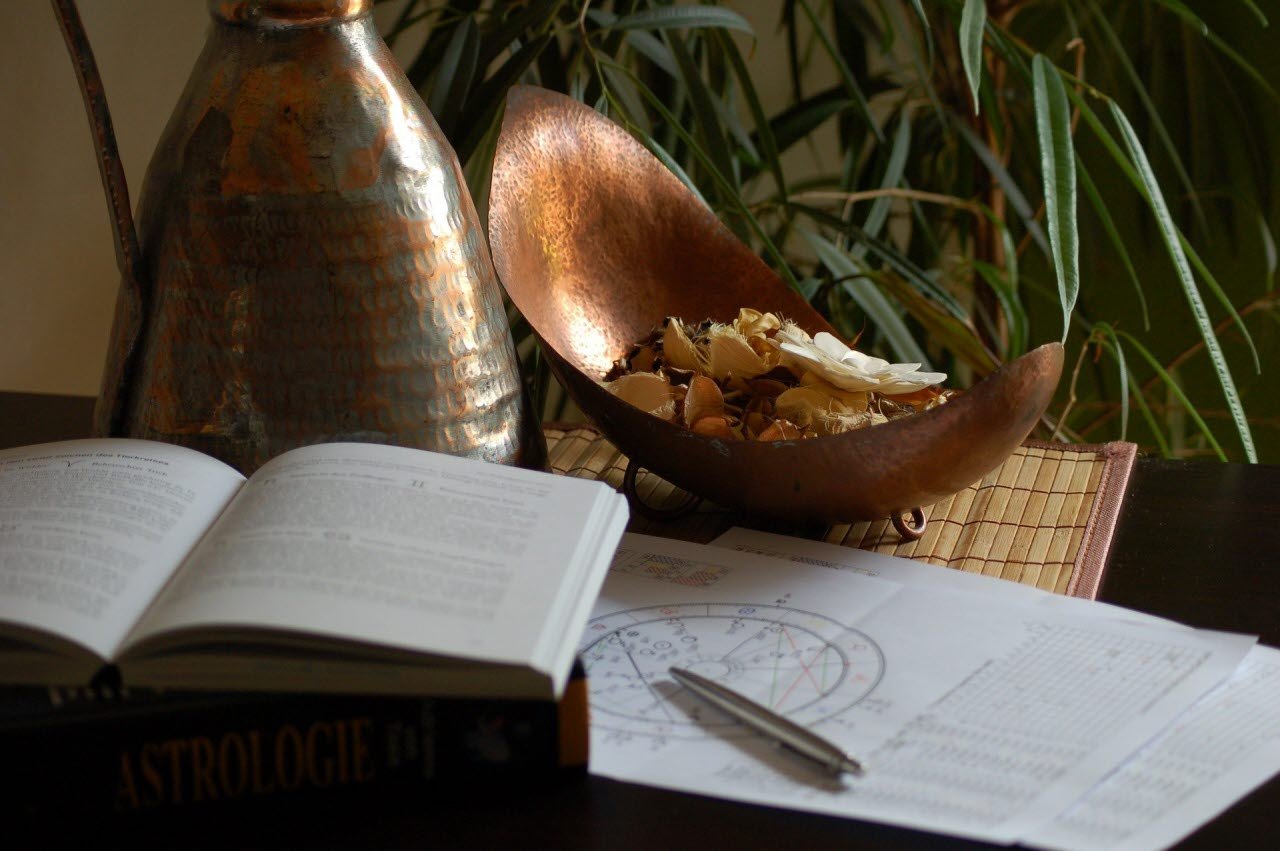
Astrology
A learning-based blog for students. New additions to the blog will focus on asteroids and other random bits of info. Questions are welcome on any relevant post.
ASTEROIDS
ARCHIVES
Scylla & Charybdis - Asteroid Astrology
I’ve been on a bit of a jaunt with tentacle-bearing monsters of late and figured I’d continue the theme here after being reminded of a particular pair of asteroids. These two don’t need to be looked at as a pair, although the midpoint between the two could be symbolic; I dunno. We’ll see. Scylla and Charybdis
Ariadne & Dionysus in Astrology
Ariadne (43) was discovered at the Radcliffe Observatory in Oxford (UK) by N. R. Pogson on the 15th of April, 1857. Dionysus (3671) was discovered much later on the 27th of May, 1984, by Carolyn and Gene Shoemaker at the Palomar Observatory in San Diego County (USA). Both have an orbital period of slightly over 3 years,
Narcissus & Echo
There are many different stories surrounding the myth of Narcissus (37117), but all centre around his apparent vanity. A common version involving Echo (60) was that she was a nymph who had the job of keeping Hera distracted whilst Zeus was off doing his philandering with the other nymphs. Echo loved to
Askalaphus
Askalaphus (4946) was discovered on the 21st of January 1988 by Carolyn Jean Spellmann Shoemaker, co-discoverer of the comet Shoemaker-Levy 9. Interestingly, she holds the record for the most comets found by an individual. Two characters in Greek myth share this name, and it seems this asteroid was named after the son of Ares. However, most astrologers who use the asteroids associate it more with the Askalaphus, who was in charge of the orchards down in the underworld.
Humpty Dumpty & some astrology
Seriously. How was this ever a popular nursery rhyme? One explanation could be its simplicity. It’s so easy to remember. I dunno. For those who like astrology, there's an asteroid named Humpty Dumpty, which possesses the number 17627. Mark Andrew Holmes says one meaning of Humpty in the natal chart is




